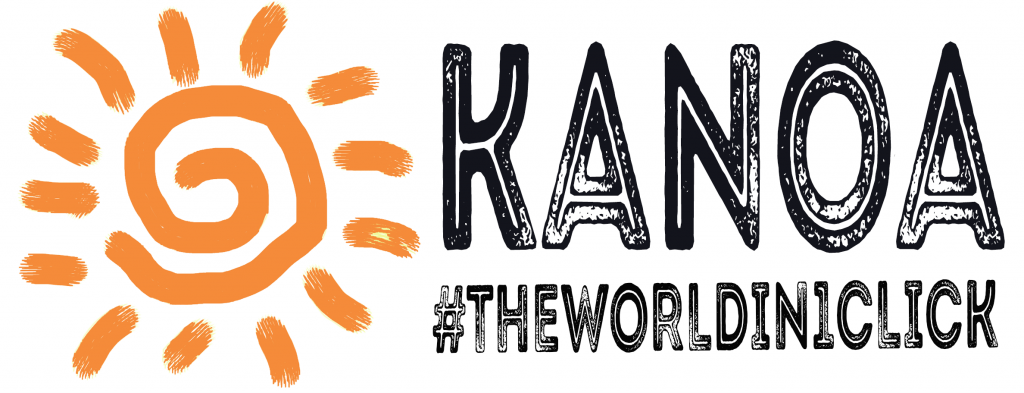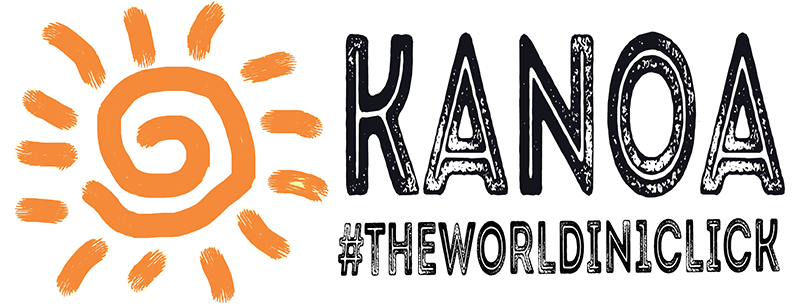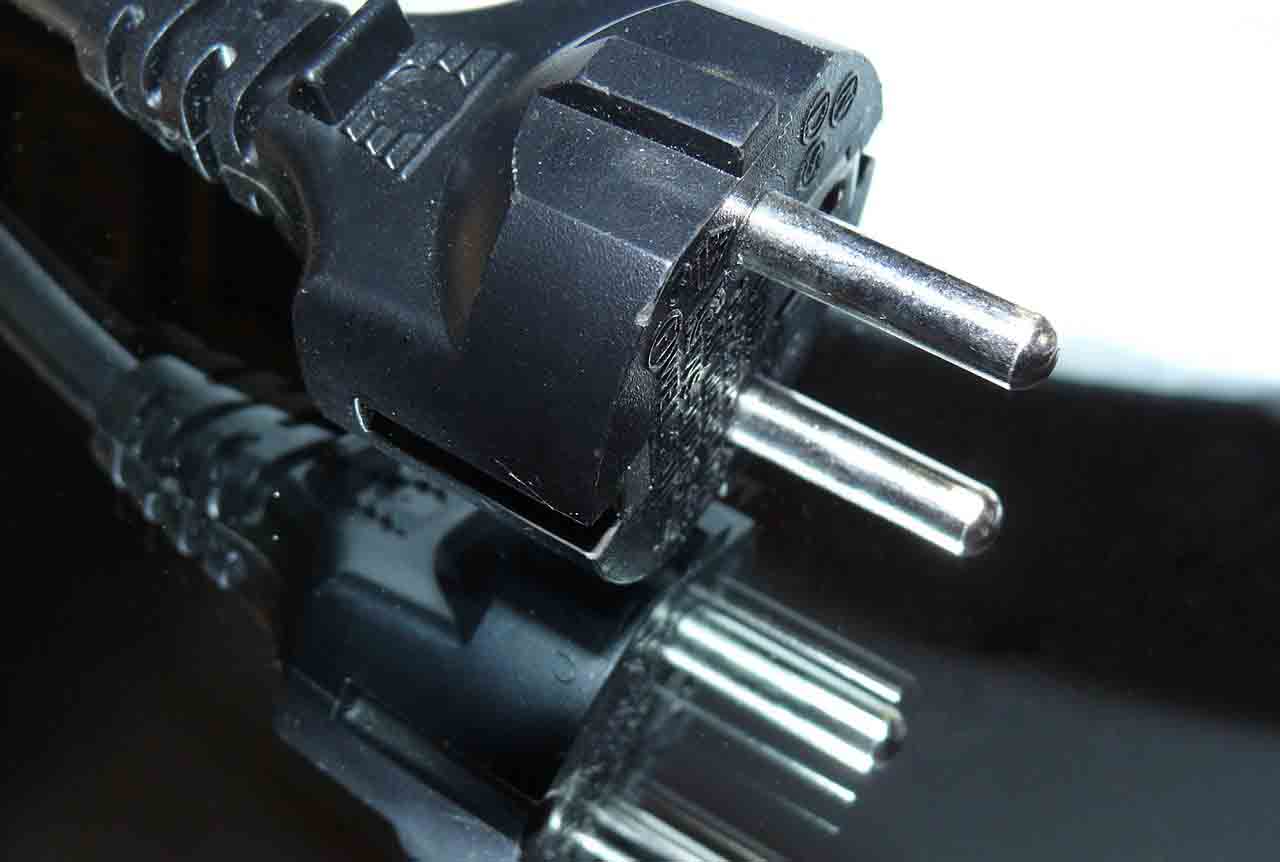One of the most popular tourist destinations in the world, with cities and places of incredible charm and charm.
Starting, of course, from its splendid Capital, considered by many to be one of the most beautiful in Europe.
Small and charming villages. Unique and incredible mountains and lakes, which offer truly suggestive views. And above all, its spas, particularly renowned.
A trip to Hungary is an unforgettable experience.
HOW TO GET
The plane is undoubtedly the most convenient and fastest way to reach the country. Debrecen, and above all Budapest, represent the points of reference in the links with the rest of Europe. It is, above all, in the capital, that the greatest influx of travelers is recorded.
Moreover, the position practically in the center of the country, allows you to reach other Magyar destinations.
Ferenc Liszt International Airport, connects, with frequent daily direct flights, the main European and non-European destinations.
Furthermore, the Capital represents an important junction in railway connections. Especially with Eastern Europe.
Every day, there are frequent connections with Austria, Germany, Czech Republic, Romania, Slovakia. Furthermore, daily connections are guaranteed with Croatia, Poland, Slovenia, Switzerland and Ukraine.
Anyone wishing to travel by car should keep in mind the distances and costs, including the vignette. More information from here.
GETTING AROUND THE HUNGARY
By train and by bus you can easily move around Hungary.
The central railway station of Budapest, is the main hub of Hungarian connections. From here, trains run to the main destinations in Hungary.
IC trains are the fastest and most comfortable, nor are they so expensive. They are the absolute preferred means, as the other lines have very low quality standards.
You always pay a small commission on IC trains.
The bus remains one of the preferred means of travel to Hungary over the long haul. Volan brings together under a single name, besides 20, companies that work in the field of road transport.
The prices are cheap and the quality quite high. Keep in mind, however, that the buses are often particularly crowded; especially on holidays and weekends.
The ticket is generally purchased on board the vehicle.
DOCUMENTS AND CUSTOMS
Hungary has joined the Schenghen Agreements; therefore, for citizens of European countries adhering to this Agreement, there is no obligation to produce documents at the border; you are always required to bring an Identity Card or passport with you. It is recommended, above all, to bring the CI of their minor children, even if you travel by car or train. Consult our special section in this regard.
With the exception of citizens of Canada, South Korea, Japan, Israel, and the United States, a visa called VISA is required to enter Poland.
Dogs and cats enter freely, provided they have a health certificate and a recent certificate from the veterinarian of the ASL of residence, attesting to good health. Dogs must be vaccinated against rabies for at least 21 days.
Please note that the appropriate microchip must be applied to the animals. On public transport, animals must travel with a muzzle.
To fly with animals, please refer to the individual section Airline companies.
CURRENCY AND CHANGE
The official currency is the HUNGARIAN FLORIN (FORINT), referred to as HUF. There are no fractions of florin.
In circulation you will find coins from 5, 10, 20, 50 and 100 florins, and notes from 500, 1000, 2000, 5000, 10000 and 20000 florins. In March 2019, 1 florin is equal to approximately 0.0031€ and American 0.0035$.
Almost everywhere, you can pay directly by credit card and withdraw cash at ATMs. Keep in mind, however, that in some small cities, and less touristy places, you may find it difficult to make credit card payments. A cash reserve is always recommended.
Who needs to enter Bank, keep in mind that, in the main cities, it is open from Monday to Friday, from morning until 17:30, and Saturday until 12. Timetables may be subject to change; especially in small towns. Everywhere, banks are closed on Saturday afternoons and Sundays.
PRACTICAL INFO
HOUR
In the Country, the hands of the clock are placed one hour ahead, relative to the Greenwich meridian (UTC/GMT + 1). Daylight saving time begins on the last Sunday of March and ends on the last Sunday of October, with the hands forward an additional hour compared to Greenwich (UTC/GMT + 2).
ELECTRIC CURRENT
Across the country, the voltage is 230 volts, with 50Hz frequency. Electrical sockets are generally of the type C and F. The first, also known as Eurospina, is composed of two poles and has no grounding. The second one, however, is the so-called Schuko socket, or German socket. We recommend that you always use a special adapter. For the more confident, we recommend taking a look at this link.
POST
Magyar Posta zrt, is the company that manages the Hungarian national mail. Green is the main color associated with the national post.
The company offers all common shipping and telecommunications services and, moreover, banking, logistics and marketing services.
Typically, post offices open from Monday to Friday from the 08:00 to the 19:00; on Saturdays, I am open until 12:00 and, in some cities, up to 14:00.
SHOPS
Store opening times vary by area. Generally, they are open Monday to Friday, from 09:00 to 18:00, and Saturday half-day. Some exercises, particularly in Budapest, close at 20:00. Almost everywhere, the shops are closed on Sundays.
PHARMACIES
The almost unpronounceable name Gyógyszertár, identifies a Hungarian pharmacy. In any case, it is difficult to get confused, because you will almost always find the international symbol of the cross.
Pharmacies observe almost the same hours as stores. In large cities, however, you will almost always find at least one pharmacy on duty, open 24 hours on 24.
PHONE
In the country, the frequencies Gsm 800 / 1800 Mhz and W-CDMA 2100 are used, the same as in the main European countries. So you can easily use your Italian, French smartphone …
To call phones in Hungary, you must enter the international prefix 0036, followed by the telephone number.
The main hungarian telephone operators are Magyar Telekom plc, Telenor, is Vodafone.
With the reduction of roaming costs, you can easily call from abroad, taking advantage of your national rate. Alternatively, you can use the classic VoIP calls, or make video calls, using a free WI-FI line.



